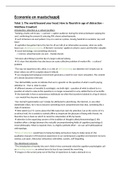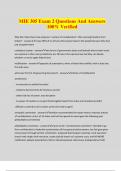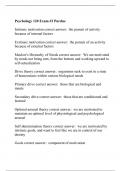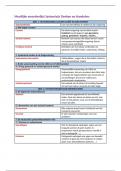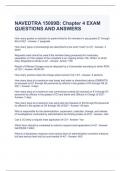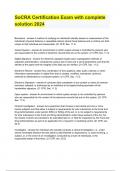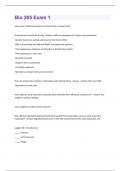Samenvatting
Samenvatting Economie en Maatschappij -17/20 in 1e zit!
Dit document omvat een samenvatting van elke tertiaire behandelde tekst van de cursus Economie en Maatschappij. De teksten zijn: - The world beyond your head. How to flourish in age of distraction – Matthew Crawford - Don’t look now – Oliver Burkeman - interview Dave Eggers: Het interne...
[Meer zien]
